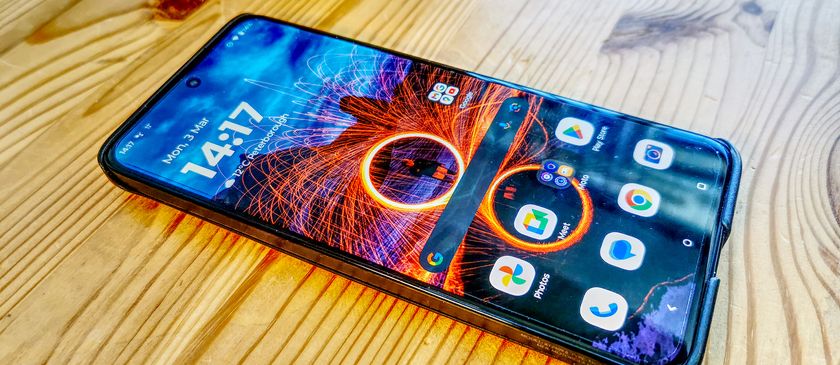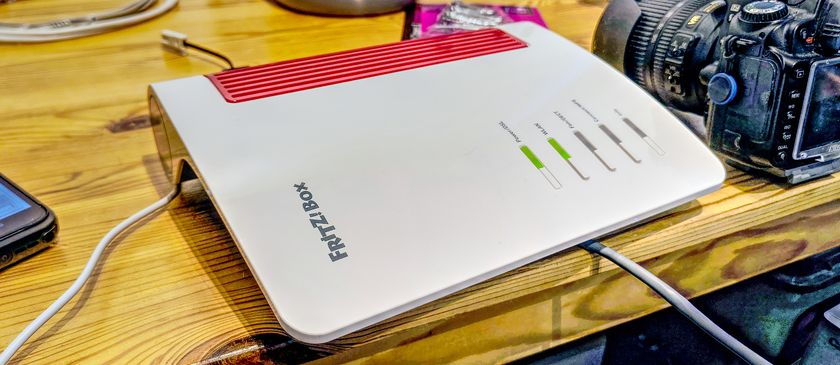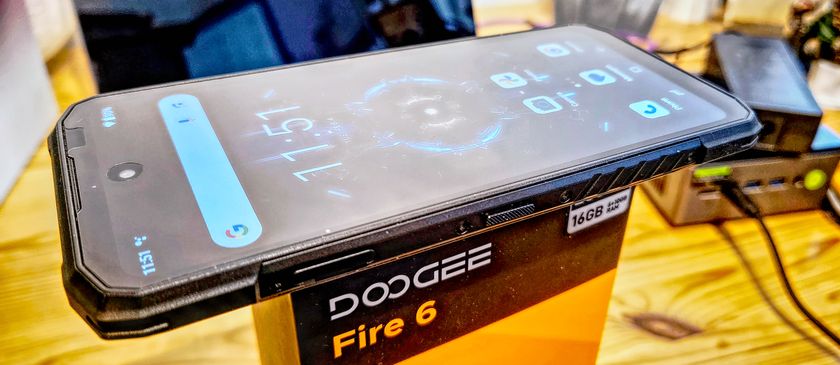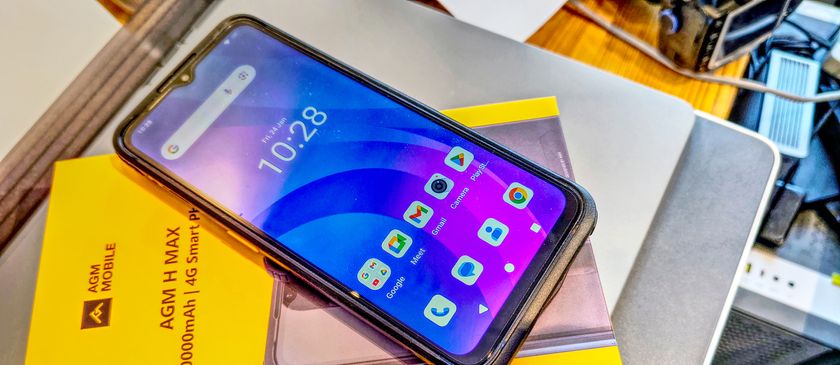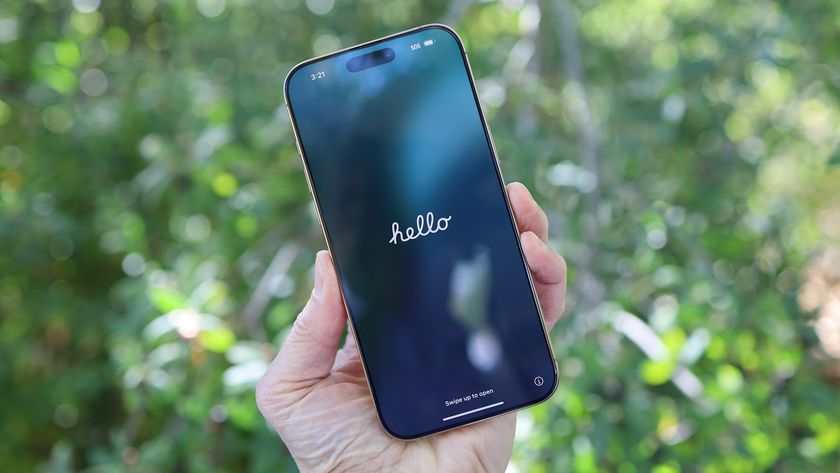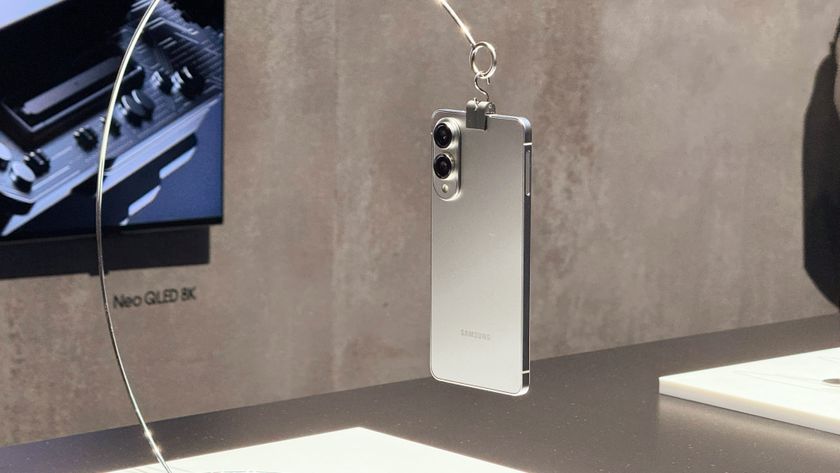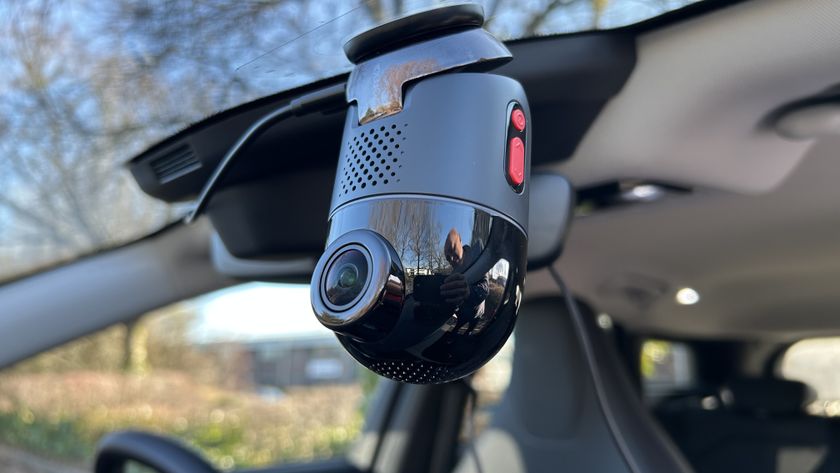O2: 5G will save local councils and households £6bn a year
Report details how smart technologies powered by 5G can improve society
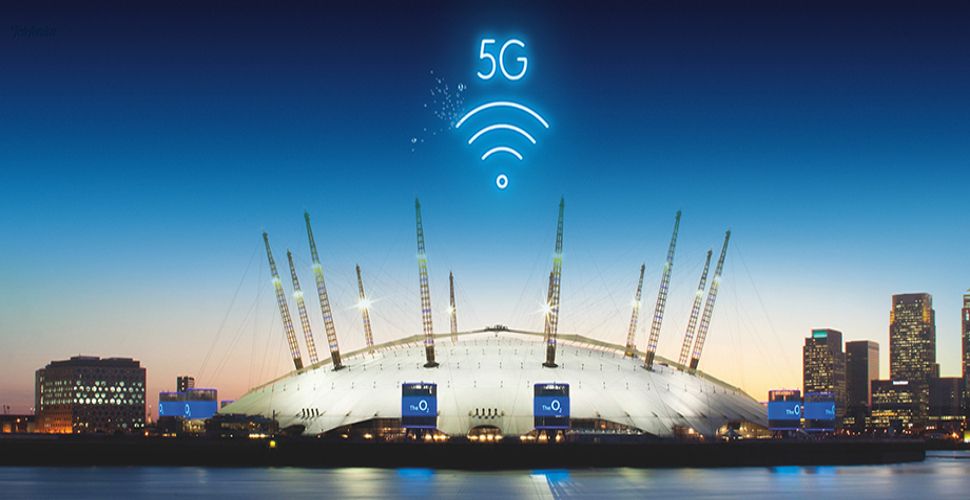
O2 claims local authorities and citizens could save a combined £6 billion a year in productivity savings through the use of 5G technology.
In a new report complied by Juniper Research, O2 has outlined how next generation networks can improve the health, transport, social care and utilities sectors in a bid to gain support from local councils.
The operator, along with others in the industry, has been a vocal critic of what it perceives to be outdated planning regulations and attitudes towards network infrastructure deployment, and wants these barriers to be removed to make it easier and cheaper to deploy 5G.
O2 5G report
“4G was about connecting people and personal devices, 5G is so much more. It’s about embedded wireless technology into the fabric of society,” O2 CEO Mark Evans told a launch event in London. “What we need to do is make sure we can collaborate together.
“We know what the technical advantages of 5G are. But none of this is possible unless we work together to roll this out to society. We need to work with government, regulator and enterprises.
“Digital Britain deserves so much more. We need to continue investment in 4G and will continue to do that. But we need to keep an eye on the future and this report does this.”

O2 claims that the average household would save £450 a year thanks to smart energy grids and smart meters, smart refuse collection that would reduce council tax, and smart fridges that would prevent waste.
Are you a pro? Subscribe to our newsletter
Sign up to the TechRadar Pro newsletter to get all the top news, opinion, features and guidance your business needs to succeed!
Replacing just 5.5 percent of GP appointments with telehealth and remote monitoring technologies, it is claimed, would eliminate 9.4 million physical visits a year, freeing up 1.1 million hours of GP time and saving the economy as much as £1.3 billion a year in reclaimed employee time. Smart road systems powered by 5G sensors could also save commuters time, but reducing time spent in traffic by ten percent.
The report adds that local councils would benefit to the tune of £2.8 billion thanks to remote social care technologies, smart refuse collection and energy savings from smart lighting systems.
Derek McManus, O2 COO, has previously spoken of his admiration of some countries in Asia, where all stakeholders are working together. Planning permissions and local councils looking to monetise their assets rather than take a long view of the value to the wider economy are two issues McManus has cited, while access to fibre is another.
“This report is a real call to work together for the UK to work together,” he declared.
Margot James, the new minister for digital at the Department for Digital, Culture, Media and Sport (DCMS) was also present at the launch and reiterated the government’s position that it wants the UK to be a 5G leader and would assist with moves towards greater collaboration
“We know collaboration will be key if we are to achieve our 5G ambitions,” she said. “We welcome initiatives from industry, such as this report.”
O2 will launch a 5G testbed at the O2 venue later this year. The trial is designed to identify potential applications and user behaviour ahead of the expected 2020 launch of 5G networks across the world.
Want to find out more about 5G? Check out our dedicated 5G hub!
- Check out the best mobile deals for March 2018
Steve McCaskill is TechRadar Pro's resident mobile industry expert, covering all aspects of the UK and global news, from operators to service providers and everything in between. He is a former editor of Silicon UK and journalist with over a decade's experience in the technology industry, writing about technology, in particular, telecoms, mobile and sports tech, sports, video games and media.
